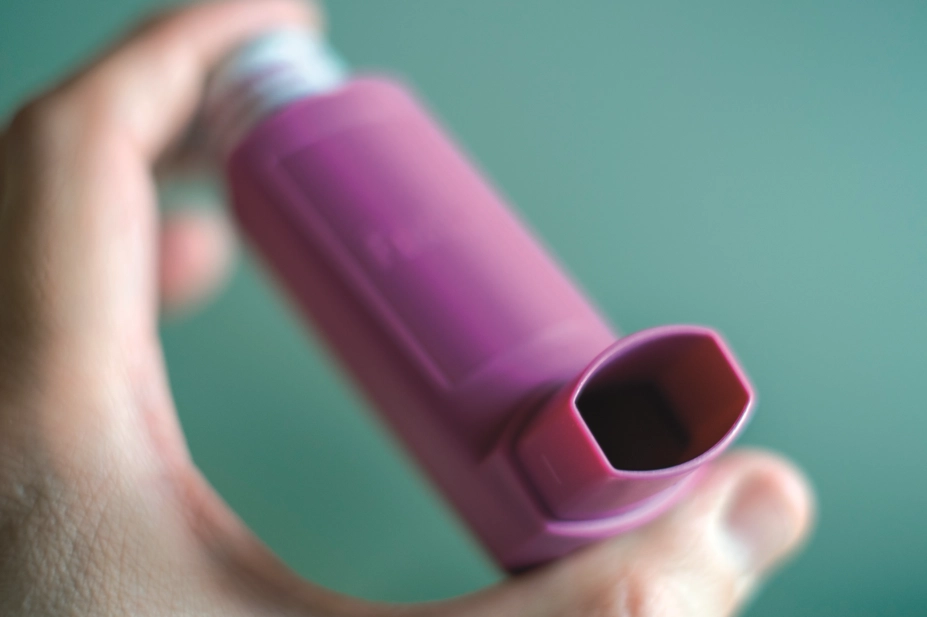
Shutterstock.com
Switching patients who use metered-dose inhalers (MDIs), which contain hydrofluoroalkane propellants, to cheaper, more environmentally-friendly alternatives could lead to major cost savings, as well as reduced NHS greenhouse gas emissions, a study published in BMJ Open has shown (29 October 2019)[1]
.
Researchers used prescription data from 2017 in England to estimate the cost and carbon savings from switching from an MDI to a dry powder inhaler (DPI) with lower emissions, within each class of inhaler.
They found that the annual carbon emissions in England were reduced by 58 kilotonnes for every 10% of MDIs switched to DPIs. When DPI prescribing was modelled in line with current patterns, 10% MDI switching resulted in estimated increased costs of £12.7m annually. However, when MDIs were replaced with the cheapest DPI equivalent, prescribing costs decreased by £8.2m annually. Most potential savings were due to less expensive long-acting beta-agonist/inhaled corticosteroids inhalers.
The researchers said that, on an individual level, the carbon footprint reduction was similar to other environmentally conscious actions, such as recycling or installing home wall insulation.
“Patients, prescribers and guideline authors should carefully consider the carbon footprint of these inhalers and, where they are likely to be equally effective, prioritise low [emission] inhalers,” they concluded in BMJ Open.
References
[1] Wilkinson A, Braggins R, Steinbach I & Smith J. BMJ Open 2019; 9(10):e028763. doi: 10.1136/bmjopen-2018-028763


